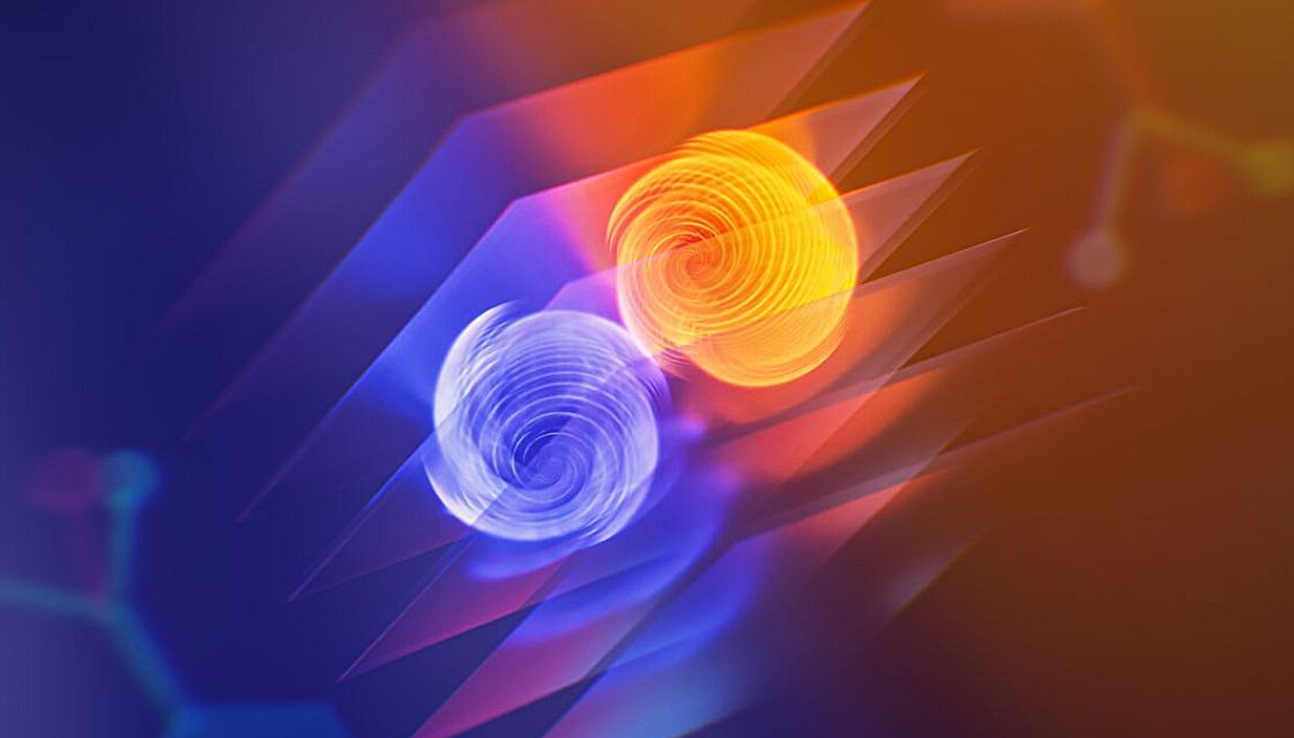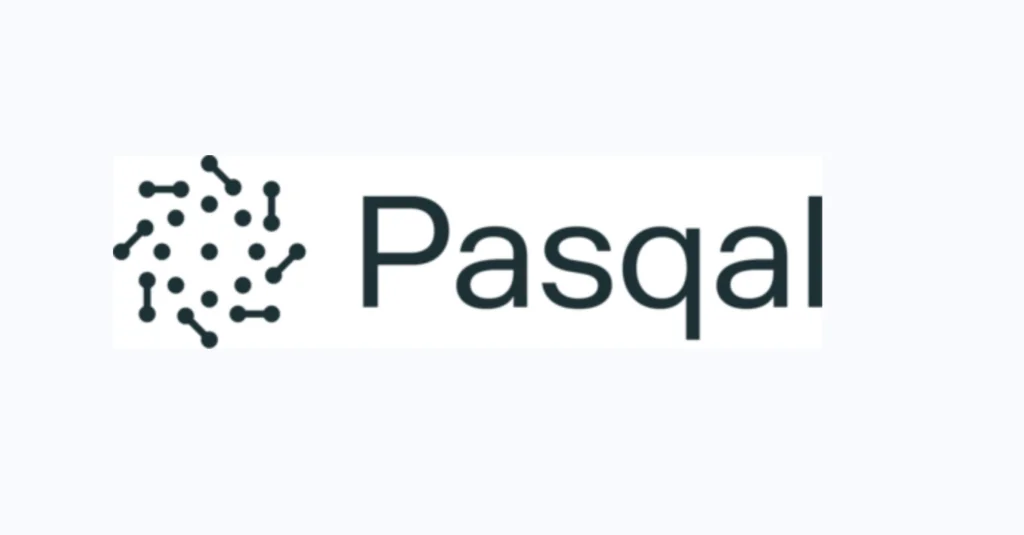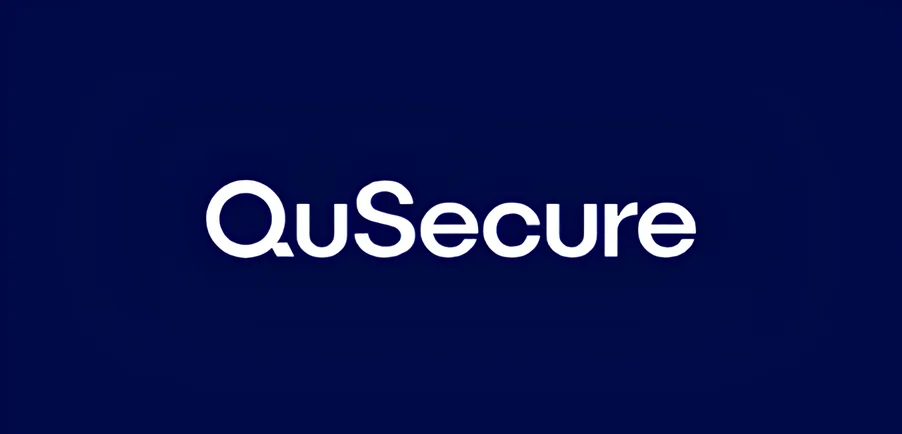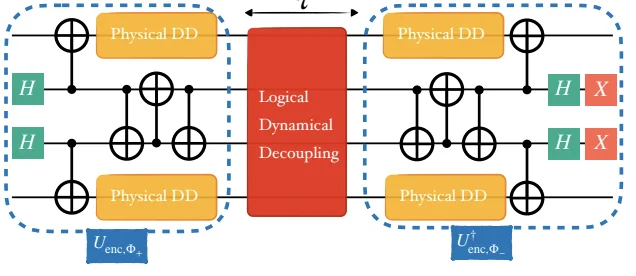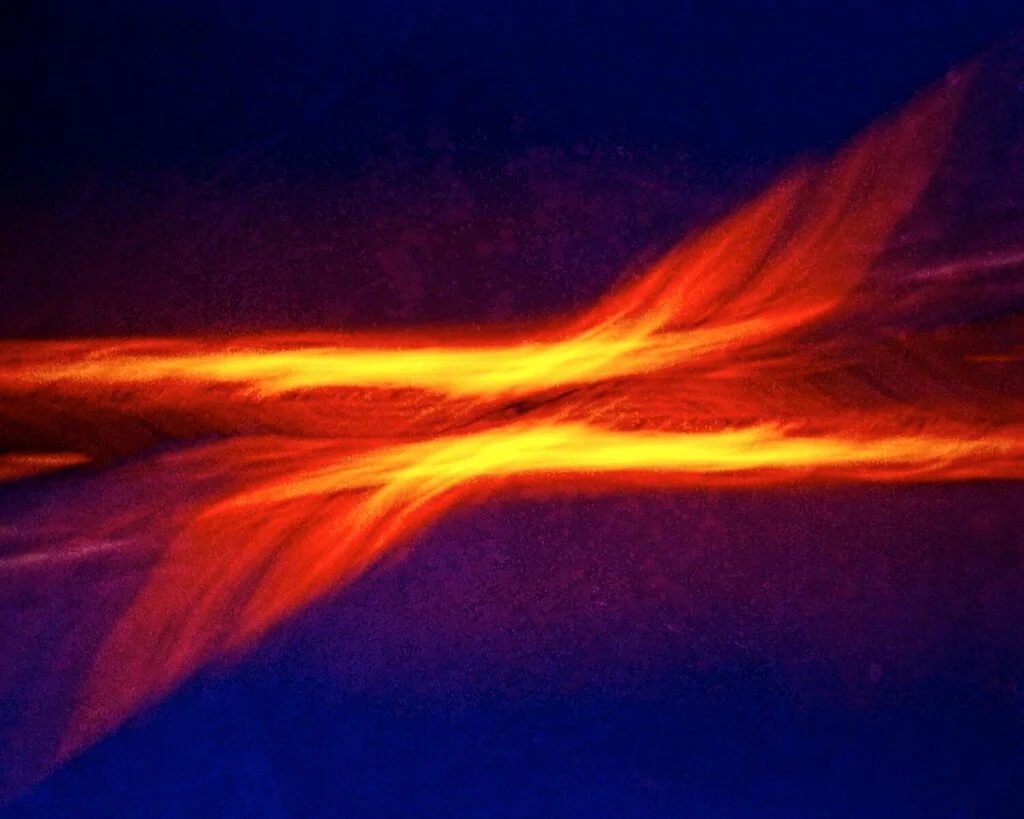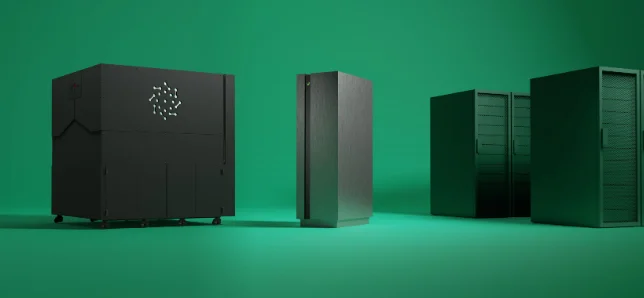A UCLA-led team has published a study in Nature that presents a new material based on a conventional superconductor, which shows promise for quantum computing. This material retains its superconducting properties under much higher magnetic fields than usual and exhibits the superconducting diode effect, allowing more current in one direction than the other.
This effect is rare in conventional superconductors and is typically associated with chiral superconductors, which are challenging to find. By creating a layered structure with tantalum disulfide and a chiral molecular layer, the researchers were able to induce chiral behavior in a conventional superconductor.
This could enhance quantum computing’s stability and efficiency while also improving conventional electronics by making them faster and more energy-efficient.
Featured image: Conceptual illustration showing a pair of electrons spinning in opposite directions. Credit: Duan Research Group/UCLA


